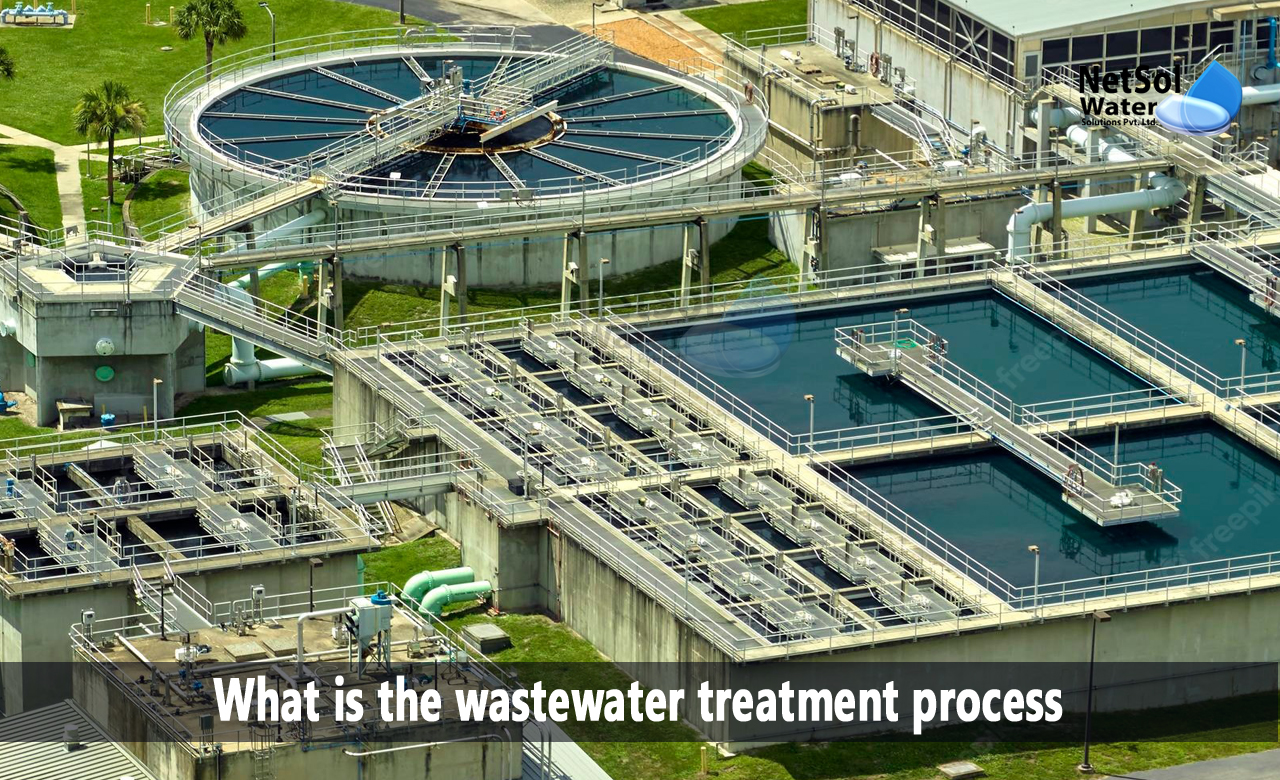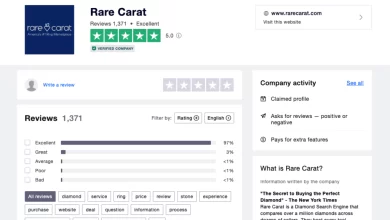Wastewater management is a critical aspect of environmental protection, public health, and sustainable development. As industries grow and urban populations expand, the volume and complexity of wastewater generated have increased significantly, presenting new challenges for those responsible for its treatment and disposal. Wastewater management experts play a vital role in addressing these challenges, ensuring that wastewater is treated effectively and safely. In this blog, we will explore some of the top challenges faced by wastewater management experts and the innovative solutions they employ to overcome them.
The Increasing Volume of Wastewater
One of the most pressing challenges for wastewater management experts is the ever-increasing volume of wastewater generated by expanding urban areas, industries, and agriculture. As populations grow and economic activities intensify, the demand for efficient wastewater treatment solutions becomes more urgent.
Population Growth and Urbanization
Rapid population growth and urbanization lead to higher volumes of domestic and municipal wastewater. This surge can overwhelm existing treatment facilities, leading to inefficiencies and potential environmental hazards.
- Capacity Expansion: To manage the increasing volume of wastewater, experts work on expanding the capacity of existing treatment plants or building new facilities. This often involves upgrading infrastructure, increasing the size of treatment units, and incorporating advanced technologies to handle larger flows.
- Decentralized Treatment Solutions: In areas where expanding centralized treatment facilities is not feasible, wastewater management experts may implement decentralized treatment systems. These smaller, localized systems can efficiently treat wastewater close to its source, reducing the burden on larger plants and allowing for better management of resources.
Industrial Growth and Complex Waste Streams
The growth of industries, particularly in sectors like manufacturing, mining, and pharmaceuticals, has led to more complex waste streams that contain a variety of chemicals, heavy metals, and other contaminants.
- Specialized Treatment Technologies: Wastewater management experts address the complexity of industrial waste streams by employing specialized treatment technologies, such as advanced oxidation processes, membrane filtration, and chemical precipitation. These technologies are designed to remove specific contaminants, ensuring that industrial wastewater is treated effectively before being discharged.
- Custom Treatment Plans: Experts often develop custom treatment plans tailored to the specific needs of each industry. This approach involves analyzing the composition of the wastewater and selecting the most appropriate treatment methods to achieve the desired effluent quality.
Stringent Regulatory Requirements
Wastewater management experts must navigate an increasingly complex landscape of regulatory requirements designed to protect public health and the environment. These regulations often dictate the permissible levels of contaminants in treated wastewater and require continuous monitoring and reporting.
Compliance with Evolving Standards
Environmental regulations are constantly evolving, with stricter limits being imposed on pollutants such as nitrogen, phosphorus, and heavy metals. Staying compliant with these regulations is a significant challenge for wastewater management experts.
- Continuous Monitoring and Reporting: To meet regulatory standards, wastewater management experts implement continuous monitoring systems that track key parameters such as pH, temperature, dissolved oxygen, and contaminant levels. Automated systems can provide real-time data, allowing for immediate adjustments to treatment processes if necessary.
- Regular Audits and Assessments: Experts also conduct regular audits and assessments of treatment facilities to ensure ongoing compliance. These evaluations help identify potential issues before they lead to regulatory violations and enable facilities to make proactive improvements.
Managing Emerging Contaminants
In addition to traditional pollutants, wastewater management experts are increasingly concerned with emerging contaminants such as pharmaceuticals, personal care products, and microplastics. These substances can have harmful effects on aquatic ecosystems and human health, yet they are often not regulated as strictly as other pollutants.
- Advanced Treatment Technologies: To address emerging contaminants, experts are turning to advanced treatment technologies such as activated carbon adsorption, advanced oxidation, and membrane bioreactors. These methods are capable of removing trace levels of contaminants that conventional treatment processes might miss.
- Research and Collaboration: Wastewater management experts collaborate with researchers and regulatory bodies to better understand the behavior of emerging contaminants in wastewater and to develop effective treatment strategies. Ongoing research helps to identify new threats and refine treatment techniques to address them.
Aging Infrastructure
Many wastewater treatment facilities were built decades ago and are now facing the challenges of aging infrastructure. Deteriorating equipment, outdated technology, and increased wear and tear can all compromise the efficiency and reliability of wastewater treatment systems.
Infrastructure Modernization
Upgrading aging infrastructure is a complex and costly endeavor, but it is essential for maintaining the effectiveness of wastewater treatment facilities.
- Retrofit and Upgrade Projects: Wastewater management experts often undertake retrofit projects to update existing facilities with modern equipment and technology. This may involve replacing old pumps, valves, and piping, as well as upgrading control systems and automation.
- Asset Management Programs: Implementing asset management programs allows experts to prioritize maintenance and upgrades based on the condition and criticality of each component. By systematically assessing the health of infrastructure assets, experts can plan for replacements and repairs before failures occur, reducing the risk of unexpected breakdowns.
Balancing Costs and Performance
Modernizing infrastructure while managing costs is a significant challenge. Wastewater management experts must find ways to improve performance without placing an undue financial burden on municipalities or industries.
- Energy Efficiency Improvements: One way to balance costs and performance is by improving the energy efficiency of wastewater treatment facilities. Implementing energy-saving technologies, such as variable frequency drives and high-efficiency motors, can reduce operational costs while enhancing system performance.
- Public-Private Partnerships: Public-private partnerships (PPPs) can provide the financial resources needed to upgrade aging infrastructure. By collaborating with private entities, wastewater management experts can access funding and expertise to modernize facilities and improve service delivery.
Climate Change and Extreme Weather Events
Climate change poses a growing threat to wastewater management systems, as extreme weather events such as floods, hurricanes, and droughts become more frequent and severe. These events can overwhelm treatment facilities, damage infrastructure, and disrupt operations.
Flooding and Stormwater Management
Flooding caused by heavy rainfall or rising sea levels can inundate wastewater treatment facilities, leading to overflows and the release of untreated or partially treated wastewater into the environment.
- Flood-Resilient Design: Wastewater management experts are increasingly focused on designing and retrofitting facilities to withstand flooding. This includes elevating critical equipment, installing flood barriers, and implementing emergency response plans to protect infrastructure during extreme weather events.
- Integrated Stormwater Management: Managing stormwater is a key strategy for preventing flooding and reducing the burden on wastewater treatment facilities. Experts may implement green infrastructure solutions, such as permeable pavements, rain gardens, and retention basins, to manage stormwater at its source and reduce runoff.
Drought and Water Scarcity
Drought and water scarcity present a different set of challenges, as they can reduce the availability of water for treatment and increase the concentration of pollutants in wastewater.
- Water Reuse and Recycling: To address water scarcity, wastewater management experts are increasingly turning to water reuse and recycling solutions. Treated wastewater can be reused for irrigation, industrial processes, or even potable water, reducing the demand for freshwater resources.
- Conservation and Efficiency Measures: Implementing water conservation and efficiency measures within treatment facilities can help reduce the amount of water needed for operations. This includes optimizing processes to use less water and recycling water within the facility.
Public Awareness and Education
Effective wastewater management also depends on public awareness and participation. Educating the public about the importance of wastewater treatment and encouraging responsible water use can help reduce the strain on treatment facilities and improve overall system performance.
Promoting Water Conservation
Wastewater management experts play a key role in promoting water conservation practices that can reduce the volume of wastewater generated and ease the burden on treatment systems.
- Public Education Campaigns: Experts often lead public education campaigns to raise awareness about water conservation and encourage behaviors such as fixing leaks, using water-efficient appliances, and reducing water waste.
- Community Engagement: Engaging with the community through workshops, presentations, and events helps build understanding and support for wastewater management initiatives. By fostering a sense of shared responsibility, experts can encourage more sustainable water use practices.
Addressing Public Concerns
Public concerns about wastewater treatment, such as the safety of recycled water or the environmental impact of treatment facilities, can pose challenges for wastewater management experts.
- Transparency and Communication: Open communication and transparency are essential for addressing public concerns. Wastewater management experts should provide clear, accurate information about treatment processes, water quality, and the benefits of wastewater management.
- Building Trust: Building trust with the public is crucial for the success of wastewater management initiatives. By demonstrating a commitment to environmental stewardship and public health, experts can gain community support for their efforts.
Conclusion
Wastewater management experts face a wide range of challenges, from increasing wastewater volumes and stringent regulations to aging infrastructure and the impacts of climate change. However, through innovation, collaboration, and a commitment to excellence, these professionals continue to develop and implement effective solutions that protect public health, preserve the environment, and promote sustainability.
By understanding the challenges and the strategies used to overcome them, we can appreciate the vital role that wastewater management experts play in safeguarding our water resources and ensuring a cleaner, healthier future for all.





